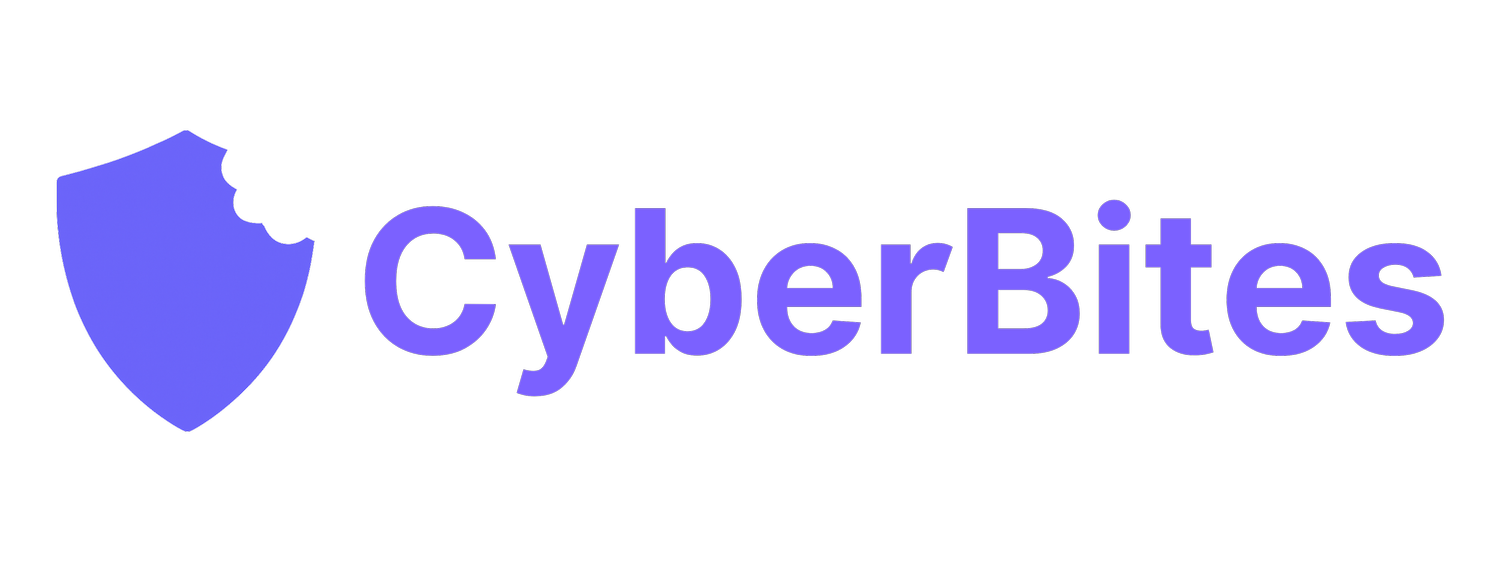How to Create Strong, Unique Passwords (and Never Forget Them Again)
Why Strong Passwords Still Matter
Imagine this: a hacker gets hold of your email password. That same password unlocks your business software, banking account, social media, and client files. Game over.
Password leaks happen more often than you might think. In fact, billions of passwords have already been exposed online through data breaches—and many are sold or shared on the dark web.
The easiest way to protect yourself? Use long, unique passwords for every account—and manage them with a trusted password manager. It's one of the simplest, most powerful cybersecurity moves your small business can make.
Use a Password Manager (and Let It Do the Heavy Lifting)
A password manager remembers all your logins, generates strong passwords for new accounts, and securely autofills them when you need them.
Top picks for small businesses:
1Password – Great design, easy team sharing, ideal for business use.
Bitwarden – Open-source, highly secure, and offers one of the best free plans available.
LastPass – Popular and user-friendly, with flexible plans for individuals and teams.
Set it up once and you’ll only need to remember one strong master password (or use biometrics like your fingerprint to unlock).
🔒 Pro Tip: Choose a password manager that offers breach monitoring and two-factor authentication for added security.
Avoid Reusing Passwords Across Accounts
Reusing passwords is like locking all your doors with the same key. If one account is breached, attackers can access everything else too.
Instead:
Create a unique password for each account.
Use long passphrases where possible (e.g., purple-horse-battery-sandwich).
Let your password manager handle the complexity for you.
Turn On Breach Alerts and Monitor Your Credentials
Sometimes even strong passwords get exposed. Stay ahead of leaks by setting up breach alerts.
Here's how:
Visit HaveIBeenPwned.com to check if your email addresses or passwords have appeared in a known breach.
Enable breach monitoring through your password manager (most offer this feature on paid plans).
If you get an alert? Change your password immediately—and anywhere else you reused it.
Isn't It Risky to Store All My Passwords in One Place?
It sounds risky, but using a reputable password manager is actually far safer than the alternatives.
Here’s why:
Password managers encrypt your data, meaning even if someone accessed the app, they couldn't read your passwords without your master key.
You only need to remember one strong master password.
It eliminates the need to reuse passwords or write them down.
Leading password managers are constantly audited and updated against new threats.
Without a password manager, most people end up reusing the same few passwords—or worse, writing them on sticky notes.
That’s the real danger.
📬 Stay One Step Ahead with CyberBites
Cybercriminals aren't slowing down—and neither should your defenses.
Subscribe to CyberBites for weekly, no-jargon cyber security tips that help you protect your business the smart way.
